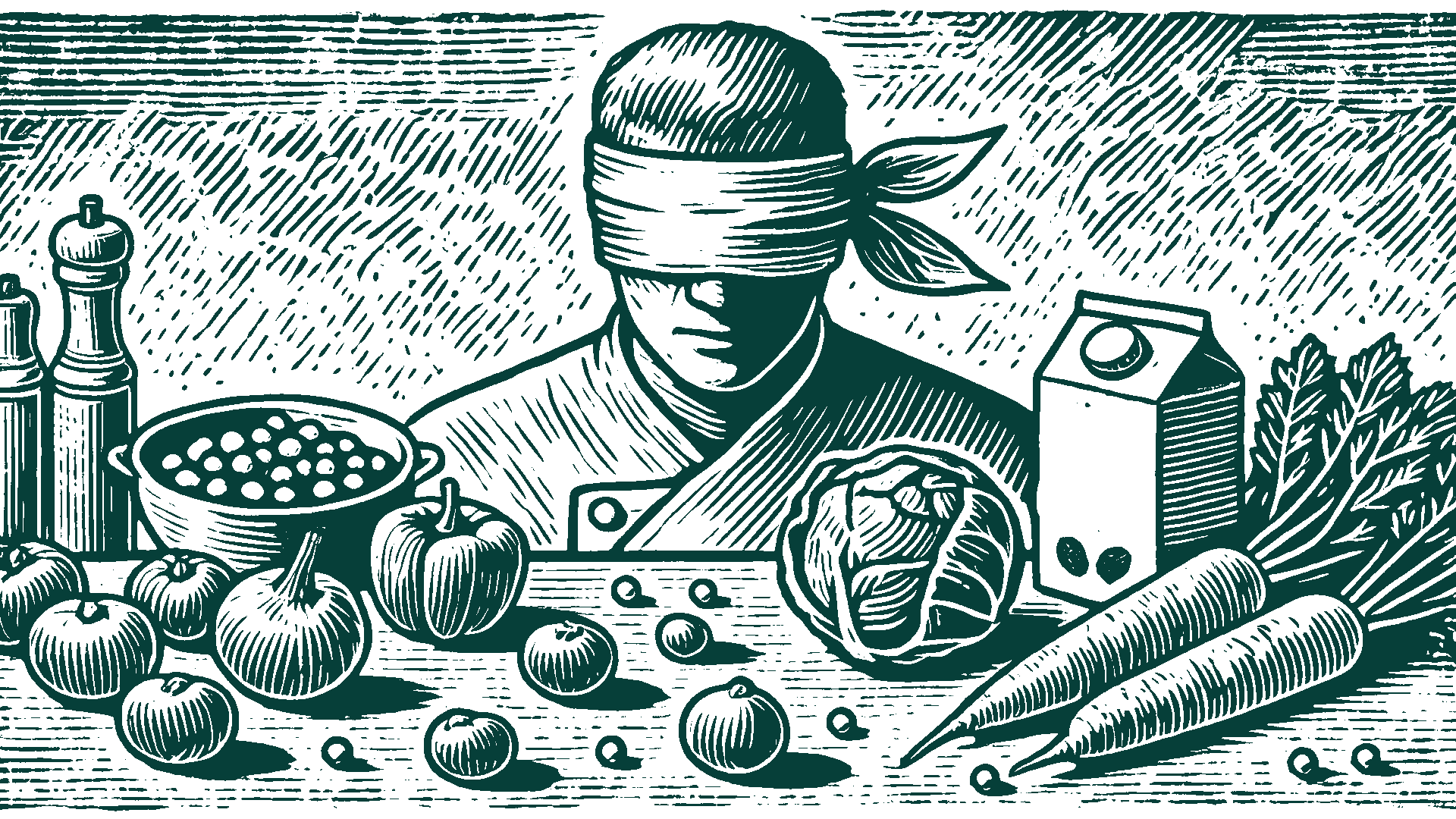A Blog with Tips & Tricks for Enlightened Presenters

Stop Making Dinner in the Dark: A Case for Practice
Many of our clients ask us for shortcuts to improving their presentation presence. We’re going to get real with you here: not happening. When it comes to learning how to be a persuasive presenter and storyteller, there are NO shortcuts.
In reality, to be truly persuasive, there are four elements you MUST have a firm understanding of: your audience, your story, your environment and yourself. It can take time to nail these criteria, which is why you simply can’t become a persuasive presenter overnight.
However, there is one thing you can do to ensure an effective presence every time you take the stage: rehearse your presentations before the “big day.”
Why You Should Rehearse Your Presentations
Like Malcolm Gladwell enlightened us to in “Outliers,” greatness requires enormous amounts of time dedicated to your craft. This means if you want to be a fantastic presenter, you’ve got to spend a lot of time presenting – and practicing presenting.
It’s not magic. Rehearsing unlocks a fascinating scientific phenomenon. It’s called myelination, which is the biological process by which our brain develops new neural pathways. When you do something repeatedly (rehearse), you trigger a pattern of electrical signals through the neurons in your brain, which eventually causes an increase in the speed and strength of the signal. You get better at something, can do it faster and with less thought involved.
Why Skipping Rehearsal Is a Bad Idea
There’s a pretty smart quote floating around the Internet today, and it’s been attributed to many different people (John Wooden, Benjamin Franklin, etc.) But, no matter who said it originally, we think it’s important to keep in mind when you’re planning a presentation: “Failing to prepare is preparing to fail.”
Presentation rehearsal makes you better at presenting. So, we often counsel our clients that skipping it is like making dinner in the dark. You did a ton of work to prepare your presentation. You have the recipe and you have an idea of how it’ll taste. However, if it’s prepared in the dark, you can’t trust it’s assembled correctly, so all that work will have been for nought. Beyond that, your audience needs to trust you completely in order to eat it, and that’s not something you can rely on each time you face a new group with your ideas. Instead of making dinner in the dark, shed some light on your idea by practicing your pitch.
Skipping rehearsal and not rehearsing enough are the most common reasons why presentations fail. So, make sure that once you’ve crafted your talk and know what you’re going to say, you practice, practice, practice. By spending some time rehearsing your presentation, you can be your most persuasive self and give audiences the best chance to connect with your idea.
Need help creating persuasive presentations and then rehearsing them like a pro? We’ve got you covered.